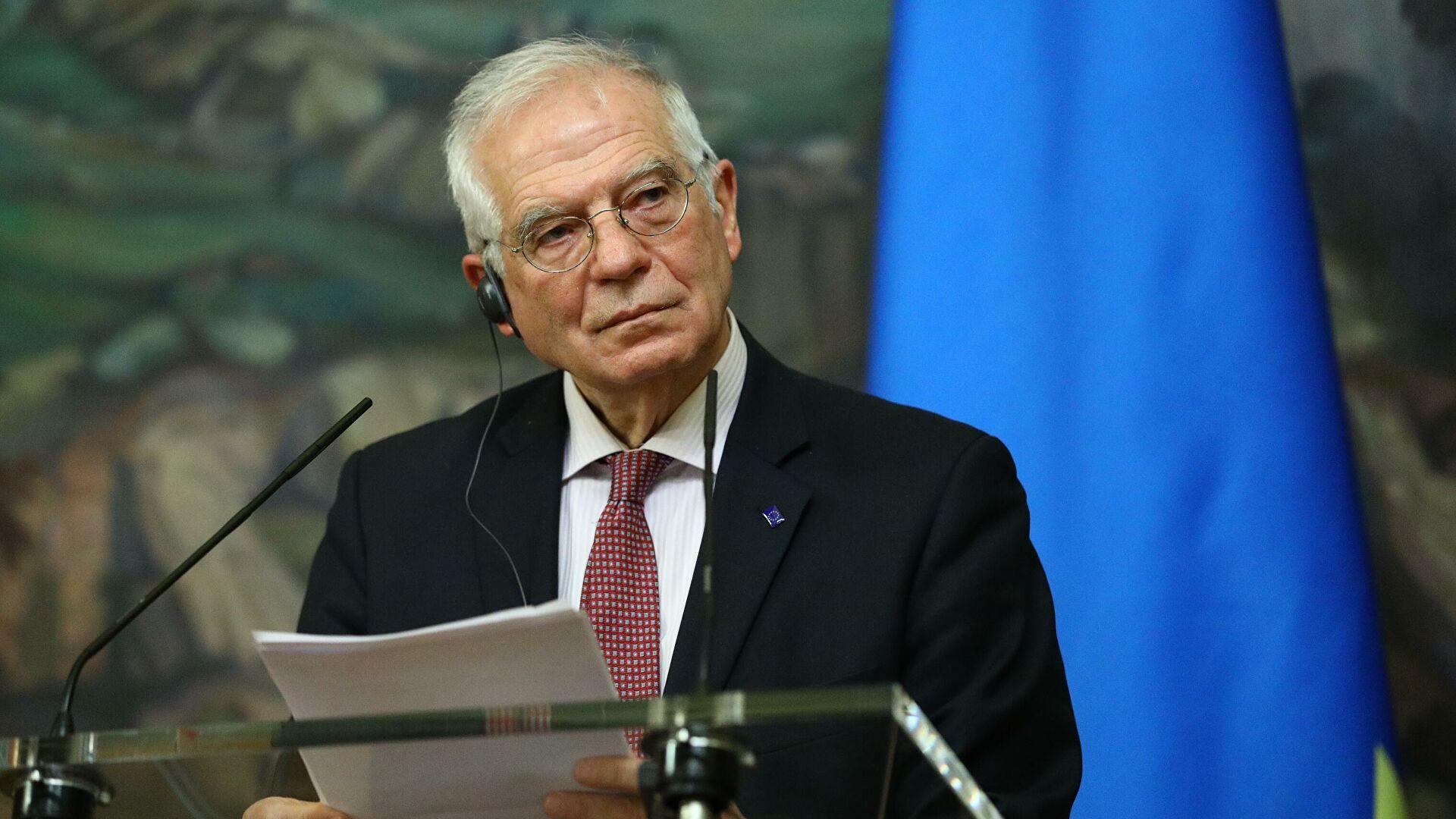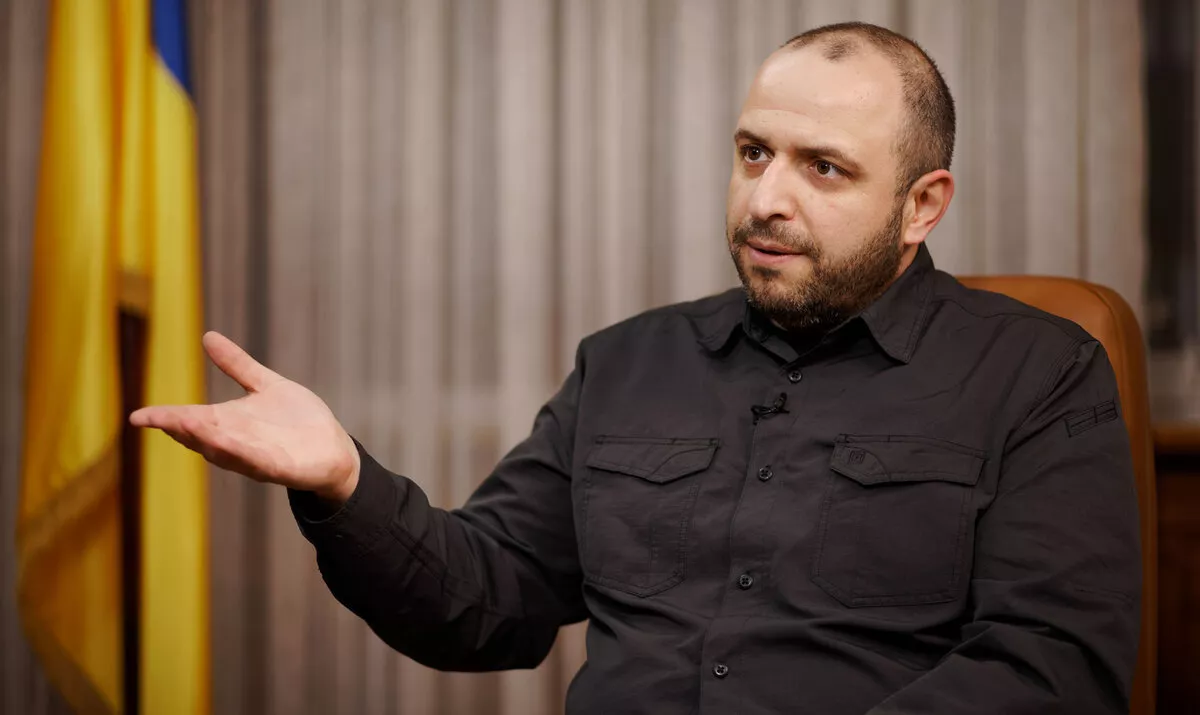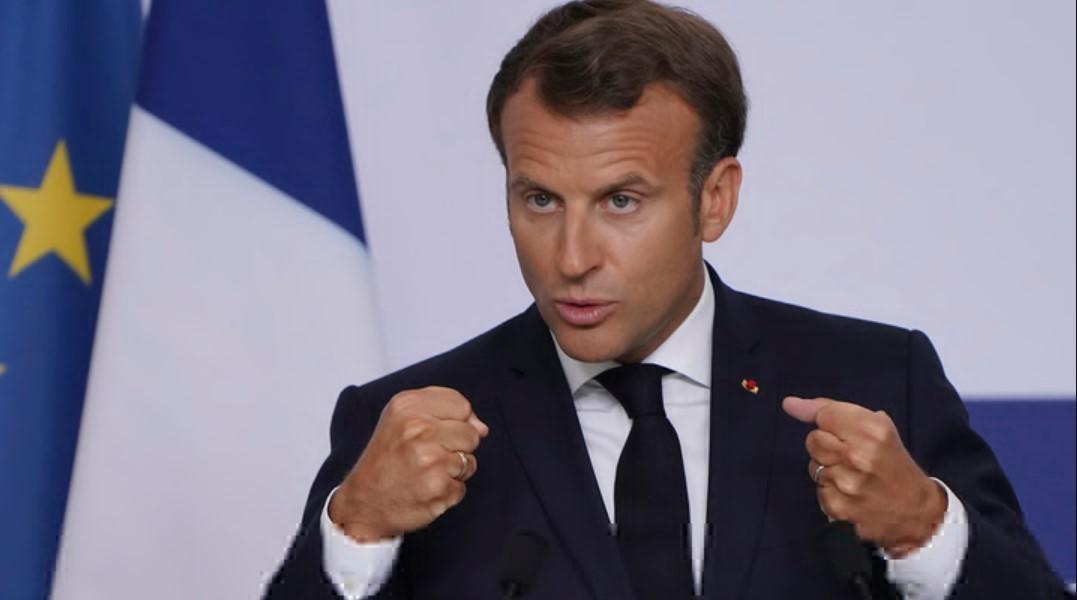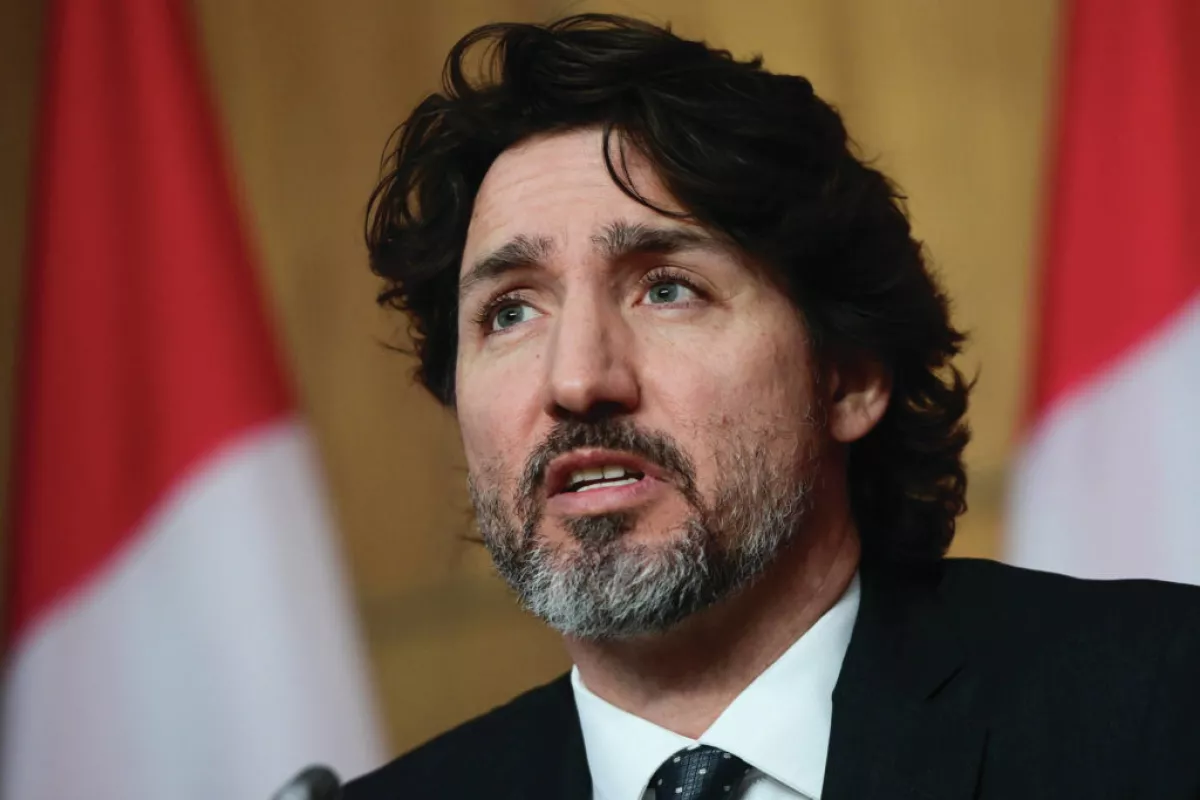EU delivers 1 million shells to Ukraine after long delay, but NATO membership debate heats up
Josep Borrell, the outgoing head of the EU's foreign service, has revealed that the European Union has fulfilled its commitment to supply Ukraine with 1 million shells, a promise initially made in February 2023.

"We have just fulfilled our promise to supply 1 million shells to Ukraine, and by the end of winter, we will have trained 75,000 soldiers," Borrell stated in a blog post on the official website of the EU's foreign policy service.
This statement comes after previous reports that by October 2023, EU countries had already trained 60,000 Ukrainian soldiers for the Armed Forces of Ukraine (AFU), Caliber.Az reports, citing Ukraine media.
The EU's delivery of 1 million shells to Ukraine was part of a broader commitment made by Borrell and European Commission President Ursula von der Leyen in February 2023, which set a target for the shipment to be completed by March 2024. This means there has been a delay of approximately 8.5 months.
In order to meet the promise, the EU not only tapped into its existing stockpiles of ammunition but also ramped up shell production across EU member states and engaged in global procurement.
In another significant development, Borrell confirmed that the U.S. administration has lifted restrictions on the use of American missiles to strike up to 300 kilometres into Russian territory. The decision, which was discussed during an EU foreign ministers meeting, has sparked mixed reactions.
"The U.S. administration allowed the use of its missiles up to 300 kilometres into Russian territory. It’s not very far, but that’s the U.S. decision. Why they made this decision now, and not earlier, I don’t know," Borrell remarked.

Meanwhile, Ukraine has also been increasing its own missile production capabilities. Defense Minister Rustem Umerov announced that Ukraine has already produced its first 100 missiles this year and is scaling up the production of the R-360 Neptune cruise missiles, with enhancements for longer-range targeting. Additionally, new drone missiles, such as the "Palyanytsya," are under development.
"We are working on this together with our foreign partners," Umerov added.
On the diplomatic front, EU foreign ministers were unable to reach an agreement to unblock funds from the European Peace Facility (EPF) for Ukraine, as Hungary once again vetoed the decision. Polish Foreign Minister Radosław Sikorski confirmed the deadlock, stating, "I cannot inform you that the European Peace Facility has been unlocked because, unfortunately, it is still blocked by Hungary."

French President Emmanuel Macron welcomed this move during the G20 summit, calling it "absolutely correct" and "completely good."
He explained that the decision was influenced by what he referred to as a significant change in the conflict, which "should not be underestimated," citing the alleged involvement of North Korean troops in Europe.
Canadian Prime Minister Justin Trudeau, attending the G20 summit in Brazil, signalled that he would pressure allies to offer Ukraine full NATO membership as part of the first step of President Zelenskyy’s "Victory Plan."

Trudeau intends to push this agenda given Canada’s upcoming presidency of the G7 from 2025, in conjunction with the increasing use of long-range missiles against Russia.
Meanwhile, German Chancellor Olaf Scholz reiterated his stance against supplying Ukraine with Taurus cruise missiles, emphasizing, "We have our principles, which we will continue to adhere to."
The EU’s ongoing discussions reflect the complexities of its role in the Ukraine conflict, balancing military support with diplomatic challenges, and the varying stances of member states on how best to support Ukraine's aspirations on the global stage.
By Khagan Isayev








